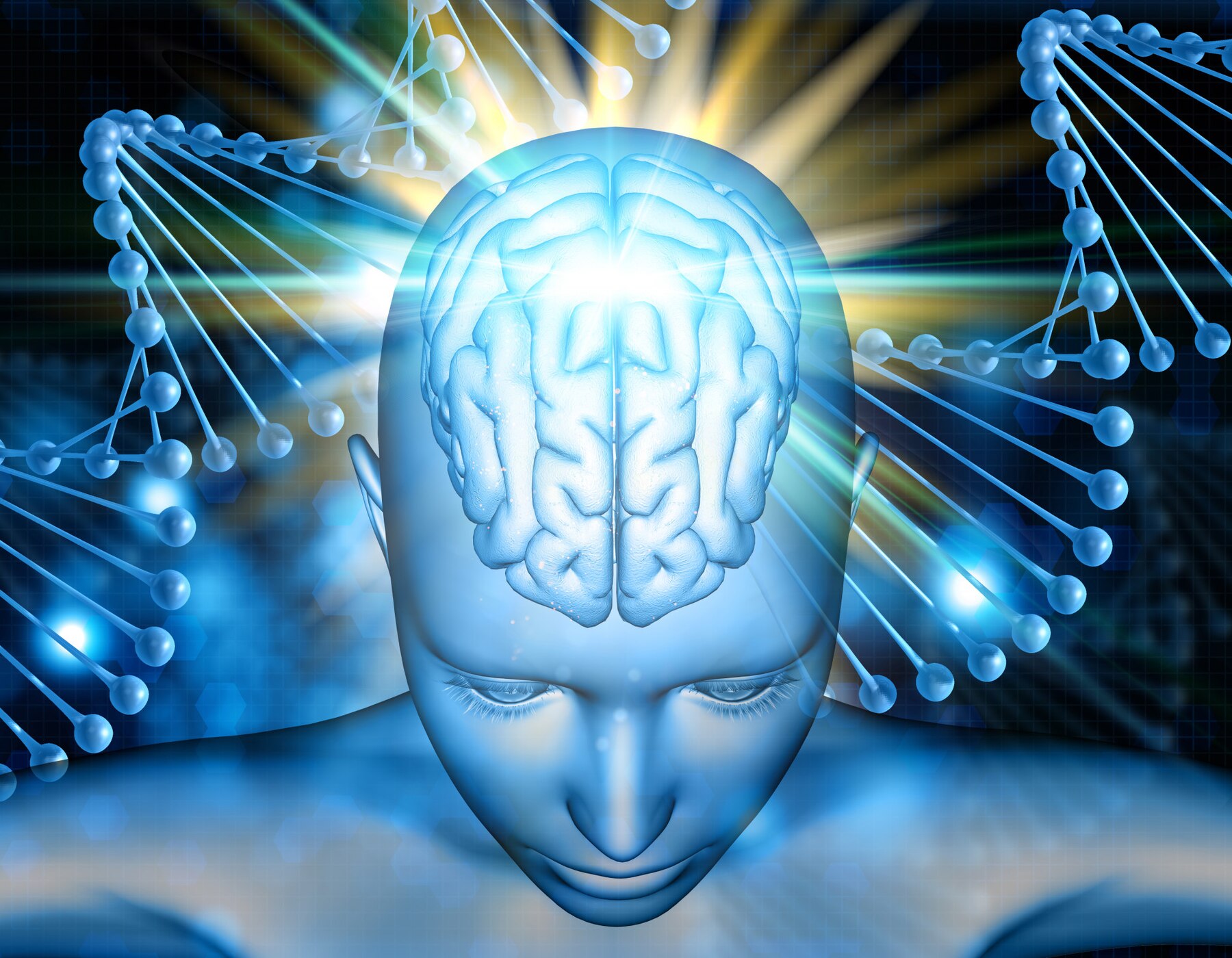Mindfulness begins with a gentle embrace of self-compassion.
Table of Contents
ToggleGood morning, I love you.
These simple yet profound words are often a quiet reminder to be kind to yourself.
And, this is also the title of a book written by Shauna Shapiro.
After reading this book, I was eager to engage in a conversation with her about health and human behavior.
As I sat down to chat with Shauna, I couldn’t help but reflect on a recurring theme in our lives today: the profound disconnect between knowledge and action. It’s hard to ignore the fact that we live in an age saturated with information. We all know the essentials like exercise are vital, sleep is crucial, chronic stress takes a toll on our health, and nutrition matters. Yet, despite this wealth of knowledge, many of us find ourselves struggling with our health more than ever before.
I often ask myself, why is that? Why are we getting sicker as a society when we have access to all this information?
The answer, I believe, lies in human behavior. There’s an unsettling gap between what we know we should do and what we actually do. It’s as if our motivation is trapped in a loop of inertia.
Take, for instance, the common scenario of needing countless motivational YouTube videos to muster the energy to hit the gym. Or consider how many reminders we require just to take a few minutes for meditation. It feels like we’re on a never-ending treadmill of intention without action. This struggle is a deeply personal one for many of us, myself included, as we navigate the daily challenges of making healthy choices amidst a sea of distractions and demands.
Yet, within this struggle lies an incredible opportunity for transformation. By embracing this challenge, you can unlock the potential for profound change, rewriting your narrative and paving the way for a healthier future.
Imagine standing at the edge of a lush forest, filled with numerous paths, some familiar and well-trodden, while others are overgrown and waiting to be explored. Each path represents the habits, thoughts, and emotional patterns you’ve developed over the years. But what if you had the ability to clear a new path—one that leads to resilience, joy, and inner peace?

This is the essence of neuroplasticity, the remarkable capacity of the brain to reorganize itself, forming new neural connections throughout your life.
Let’s understand neuroplasticity, the capacity of your brain to rewire.
Neuroplasticity is the inherent ability of your brain to change and adapt. Think of it as a dynamic map that evolves with every experience, thought, and action. Moreover, it is a concrete map for learning, recovery, and emotional regulation.
Neuroplasticity involves mechanisms like neural pruning, the process by which unused neural connections are eliminated, allowing the brain to strengthen pathways that are frequently utilized.
The Power of Neural Pruning
Neural pruning is akin to a gardener tending to a tree. Just as a gardener removes dead branches to allow for new growth, your brain eliminates unused connections, making way for stronger ones. This process is especially critical during periods of high emotional stress or trauma, as your brain works to adapt to changing circumstances. Engaging in mindfulness practices can facilitate healthier neural pruning, ensuring that your brain develops the connections that enhance your emotional resilience and overall well-being.

In fact, Andrew Huberman recently published a study out of Stanford showing that practicing mindfulness for just five minutes a day, five days a week, can start to create noticeable changes in both your brain and mental health. By establishing this small yet consistent habit, you begin to break out of your habitual patterns and create space for more positive, resilient neural pathways to form.
Even starting with as little as two minutes can be enough to spark transformation.
Mindfulness meditation can increase gray matter density in brain areas associated with memory, emotion regulation, and self-referential processing.
Mindfulness is more than a trendy practice; it’s a powerful tool that allows you to cultivate awareness and presence in your daily life. By slowing down and tuning in to your thoughts and feelings, you create the space to observe them without judgment, laying the foundation for compassion.
In my conversation with Shauna, she highlighted the transformative power of self-compassion, emphasizing three essential steps to help individuals recognize and address their emotions effectively:
- Mindful Awareness: The first step is mindfulness. Take a moment to acknowledge when you’re in pain, feeling lonely, or experiencing fear. By naming these emotions, you can start to understand what you’re feeling. Labeling your emotions can calm the amygdala, the stress response center of the brain, allowing the prefrontal cortex to engage and help regulate your feelings.

Be kind to yourself. Picture credit: Freepik - Kindness to Yourself: Once you’ve named your emotions, the next step is to extend kindness to yourself. Shauna encourages treating yourself with the same care and compassion you would offer a dear friend. This might involve a simple gesture, such as placing a hand on your heart, reminding you to be gentle with yourself during tough times.
- Connection with Others: The final step is perhaps the most profound. Take a moment to recognize that you are not alone in your suffering. Think of all the others who might be facing similar challenges. As you breathe in and out, send your compassion to them. For instance, Shauna shared a poignant example of a young mother battling breast cancer. By sending compassion to other mothers in similar situations, she found empowerment and a sense of connection, ultimately allowing her to bring that same compassion back to herself.
So, next time,
Pause and breathe, name the emotion, and explore the sensation
Now, there is no going back. Let’s find glimmers!
Finding Glimmers: Small Moments of Joy to Reset Your Nervous System
Stress has become a constant companion in today’s world. Often, it’s not the presence of stress but how we respond to it that shapes our well-being.
Shauna spoke about an idea that’s deeply rooted in Polyvagal Theory. It explains how our nervous system responds to stress and safety cues, shaping both our mental and physical well-being.
While most of us focus on triggers, those moments that activate our stress response, glimmers are the small, often overlooked, moments of goodness that help reset our nervous system to a state of calm.

Think of glimmers as tiny rays of light breaking through the clouds, a friend’s smile, the warmth of the sun on your face, or the simple pleasure of a fragrant cup of tea. These moments are essential because they signal to your brain and body that it’s okay to relax. The more time you spend recognizing and savoring these glimmers, the healthier your nervous system becomes. It helps shift your body from a state of chronic stress back into a parasympathetic state of ease.
How to train then?
- Start Small: Every day, take a few moments to notice something good happening around you. It could be the beauty of a blooming flower, the sound of a bird, or the warmth of your favorite sweater.
- Savor the Moment: When you experience a glimmer, pause for just a few seconds. Allow yourself to fully experience the sensation and let it soak in. Feel the warmth, the joy, or the comfort deeply.
- Gratitude Practice: At the end of each day, reflect on at least one glimmer that brought you peace or joy. This simple act of acknowledging positivity can help you build resilience in moments of stress.
By training yourself to recognize these small, powerful moments, you are effectively rewiring your brain.
Transforming Today, Creating a Brighter Tomorrow
In the relationship between mindfulness and neuroplasticity, you hold the brush to paint your life the way you want. Your journey is just beginning, and the potential for transformation is limitless.
Remember, it’s never too late to change. No matter what mistakes you’ve made or how difficult life is, you can begin again at any moment.
Begin your journey to Transform Your Life in 29 Days with Team Luke to elevate your everyday activities with mindfulness, and watch how acceptance and gratitude shape your journey!
Disclaimer: The information presented here is not a substitute for professional medical advice from your primary healthcare provider. Always consult your doctor and inform them if you intend to try anything new.
It’s time to let go of the emotional baggage that’s holding you back.
Are you ready to heal and regain your emotional freedom?
Your journey starts here
To learn more about consultation, contact us at 1800 102 0253 or email us at [email protected].
ALSO WATCH
Team Luke
Our team of registered dietitians, certified nutritionists, lifestyle coaches, medical practitioners, and holistic health experts come together to share practical, accessible insights for your well-being. Whether you're seeking tips on preventive health, managing a specific condition, or simply looking to live a more balanced life, you’ll find a wealth of easy-to-apply knowledge here.
Start Your Wellness Journey
Feeling inspired to take the next step in your wellness journey? Connect with us to explore how our tailored programs can support your health journey. Your transformation is just a conversation away.



